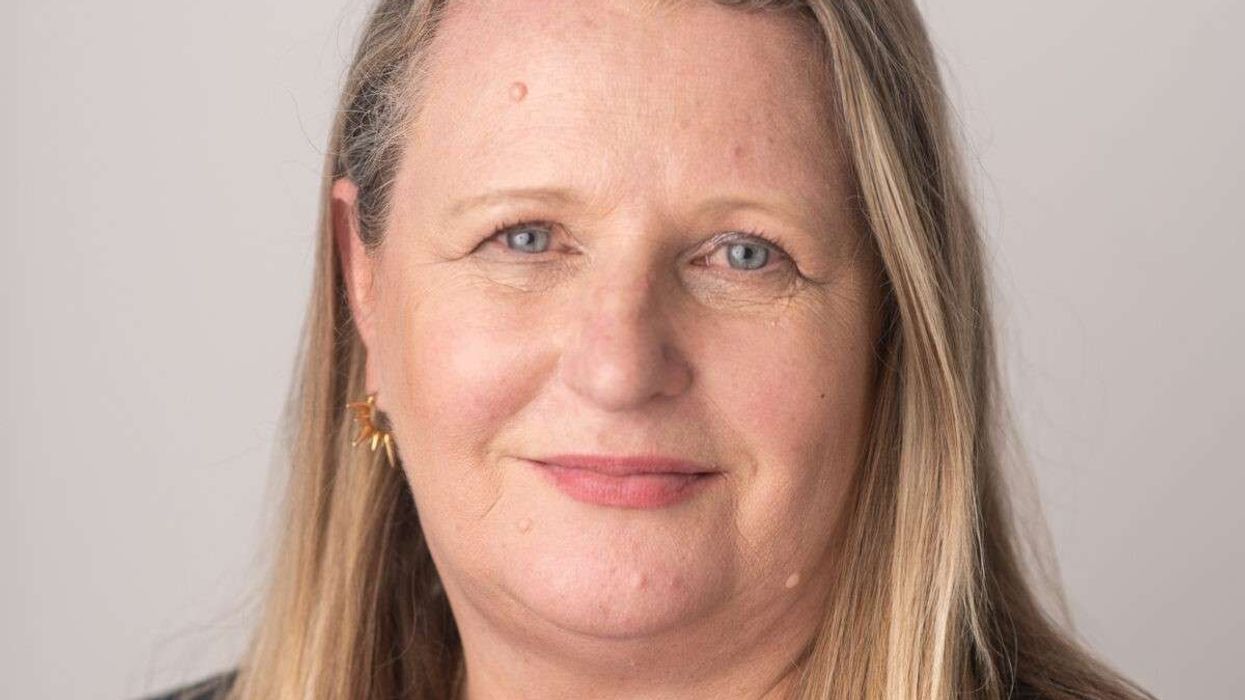More than three quarters of British people, who have suffered persistent ill health following a Covid-19 infection, have had to cut back or change the work they do, according to a survey on the impact of long Covid published on Wednesday (November 9).
In the survey of 1,002 people, conducted by market research company Censuswide, some 98 per cent of long Covid sufferers said the condition had limited their ability to work, with 78 per cent needing to cut back or change their work and 19 having ceased work altogether.
Long Covid, a collection of symptoms ranging from pain and heart palpitations to insomnia and brain fog, can last for many months after initial infection.
Britain's most recent official labour market data showed that a record proportion of people classified as "economically inactive" - neither working nor looking for a job - were suffering from long-term sickness. In absolute terms, the number of working-age people who are long-term sick has risen by 378,000 since early 2020.
Bank of England officials have highlighted lengthy waits for routine treatment in Britain's public healthcare system, as well as long Covid, as potential reasons for the rise, which limits the economy's ability to grow without boosting inflation.
The Office for National Statistics estimates that 2.1 million people - 3.3 per cent of the population - were suffering from long Covid as of October 1, which it defined as symptoms that had lasted more than four weeks after a Covid-19 infection.
Of those, 73 per cent said long Covid was limiting their day-to-day activities, and 16 per cent - 333,000 people - said their activities had been significantly limited.
In the survey, 59 per cent of people diagnosed with long Covid said they felt more tired, 42 per cent felt physically weaker, 37 per cent found it harder to concentrate and 19 per cent were in pain when working.











